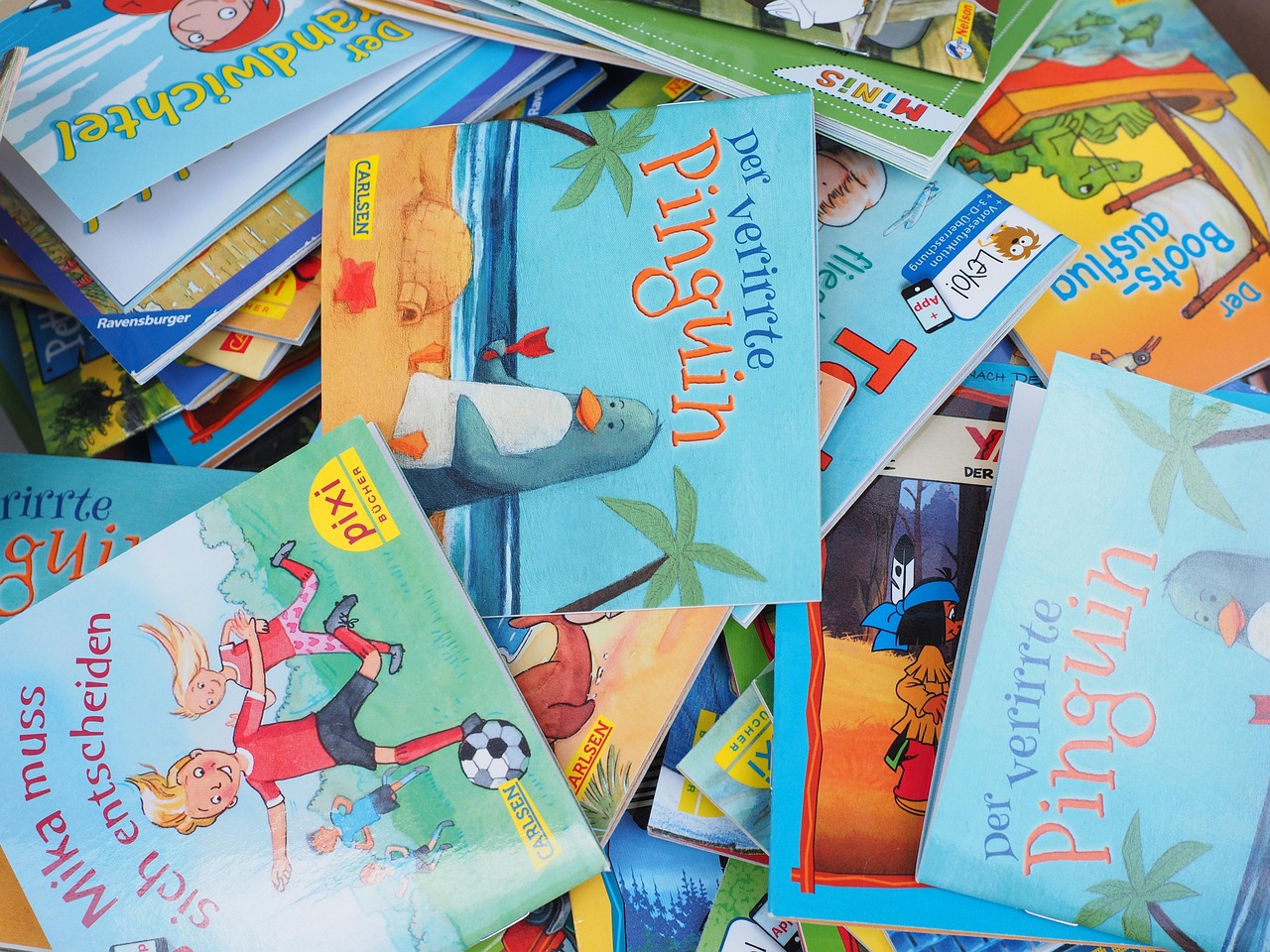Article Title:Purity is petrefaction:: Liberalism and betrayal in Philip!Roth's 'I Married a Communist'
Abstract:
This article explores the relationship between fiction and the post-war intellectual history of American liberalism. The theme of betrayal which operates at a number of levels, both political and personal, in Philip Roth's I Married A Communist is shown to convey the ways in which Cold War liberalism first began to define itself against the liberal ethos articulated by Henry Wallace in the 1948 presidential election. In particular the various paternal relationships-both literal and figurative-established and abandoned by Nathan Zuckerman, the novel's narrator, are perceived as the central means by which the relations between liberal ideology and betrayal are negotiated. Finally, the place of this work of fiction within Roth's trilogy of political novels (including American Pastoral (1997) and The Human Stain (2000)) is considered with reference to the emergence of various neoconservative themes and motifs towards the close of I Married A Communist. More specifically, attention is drawn to the way in which the outlines of a 'chastened' liberalism emerge in response to the events depicted in the novel-events that portray the damage inflicted upon a democratic liberal ethos by various political forces, both radical and conservative, preoccupied with the idea of purity.
Keywords: hutchison; Roth; I Married a Communist; literature; fiction; history
DOI: 10.1080/13642520500149426
Source:RETHINKING HISTORY
Welcome to correct the error, please contact email: humanisticspider@gmail.com



